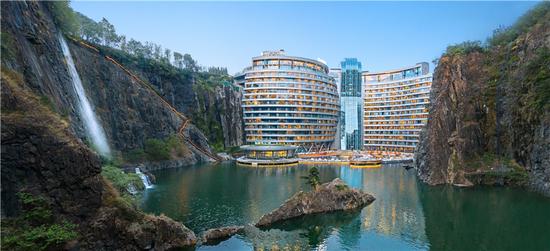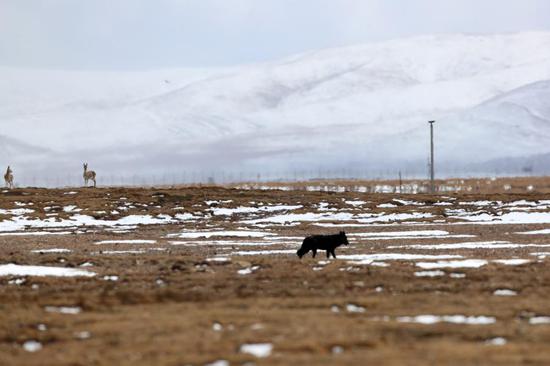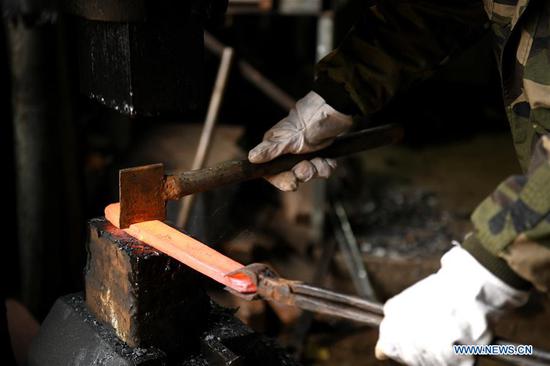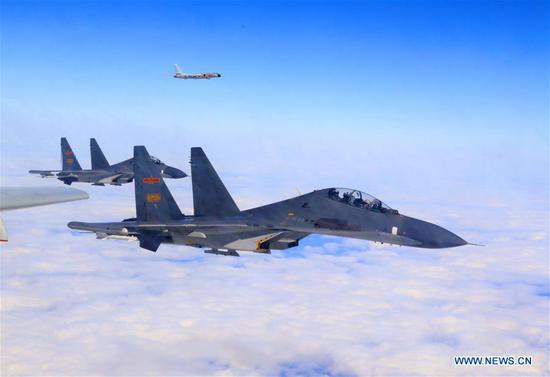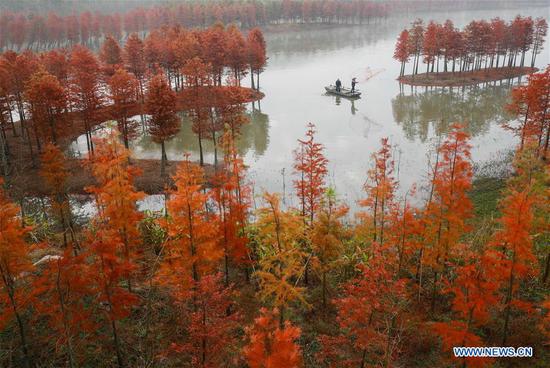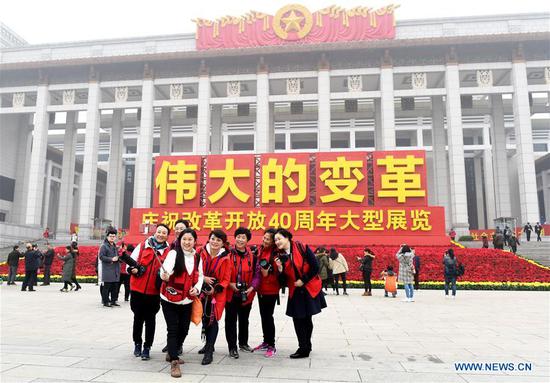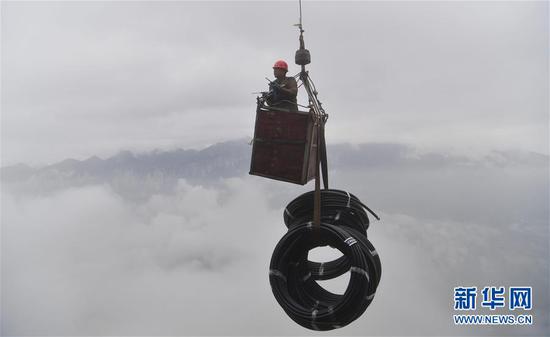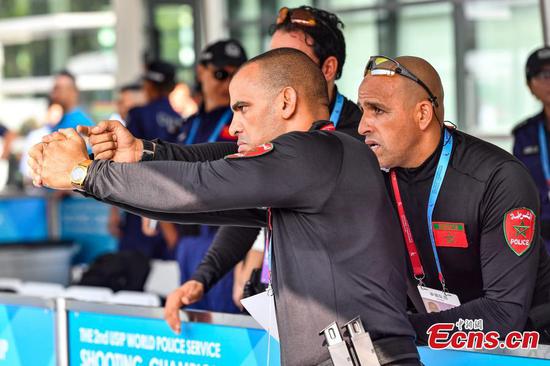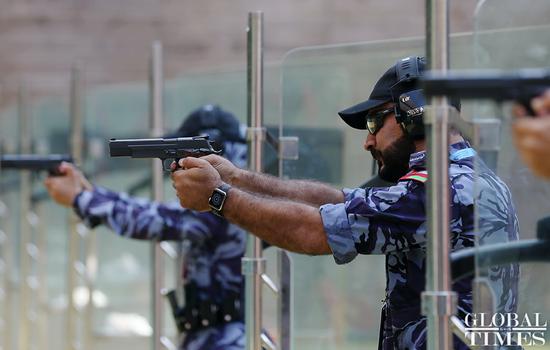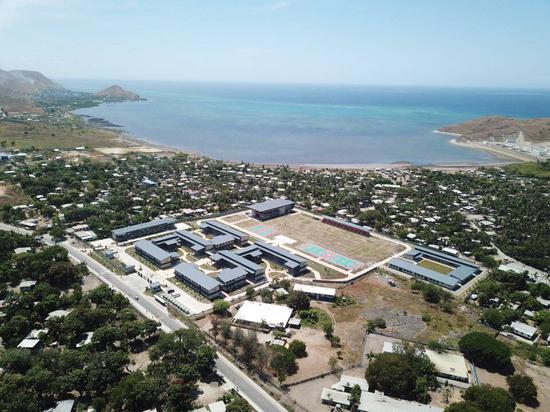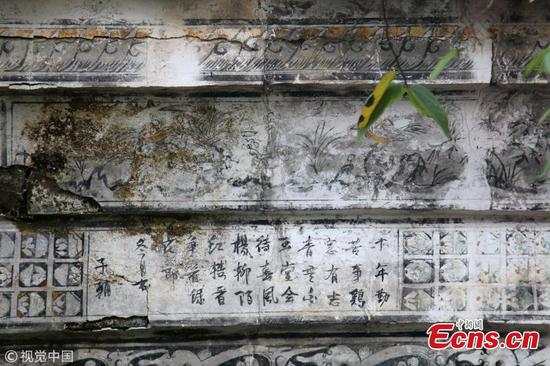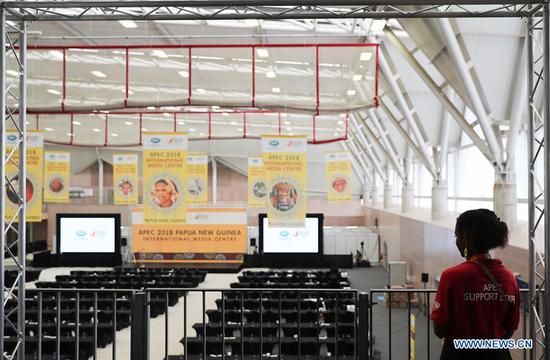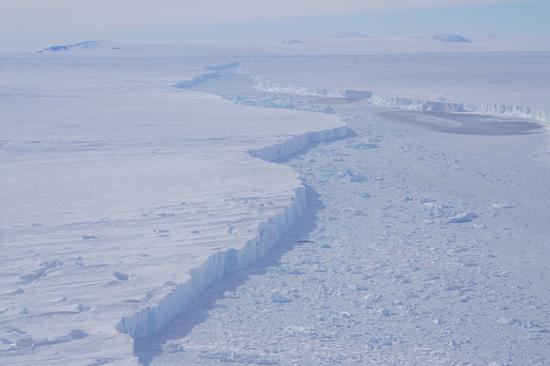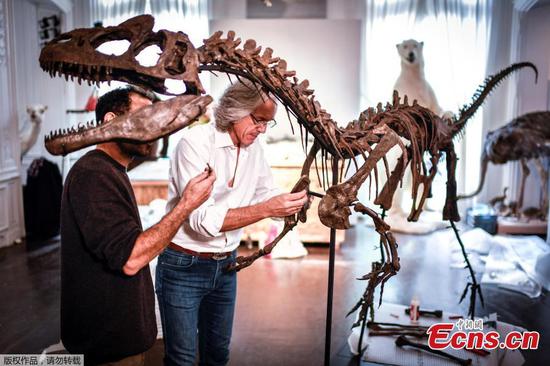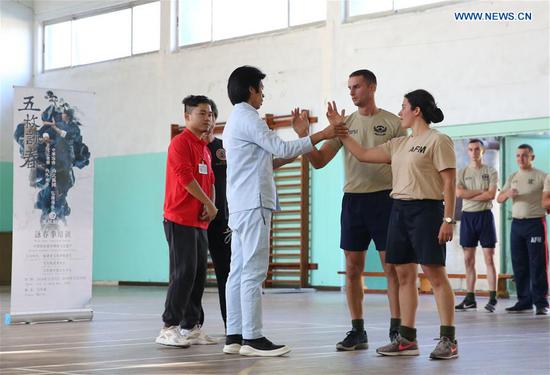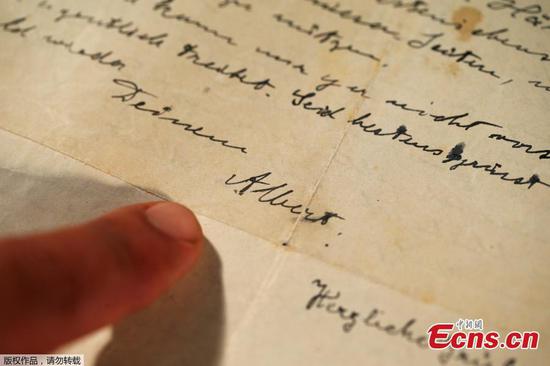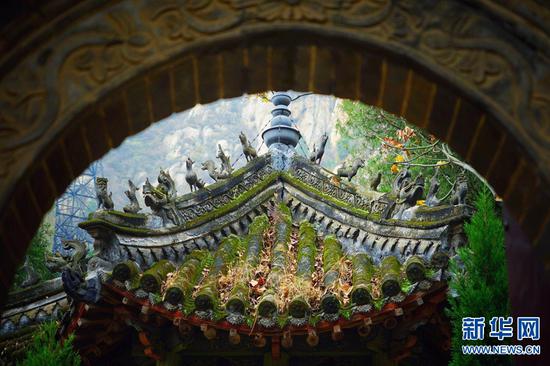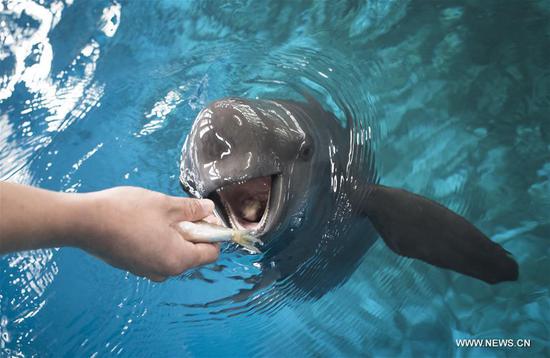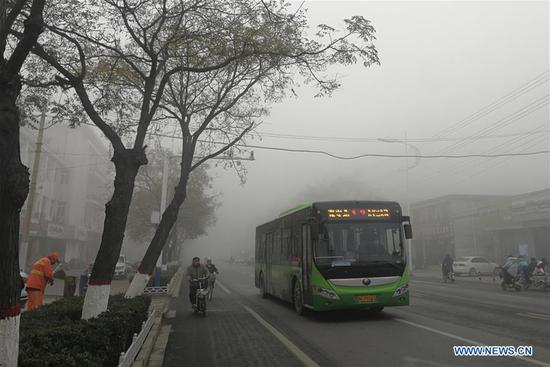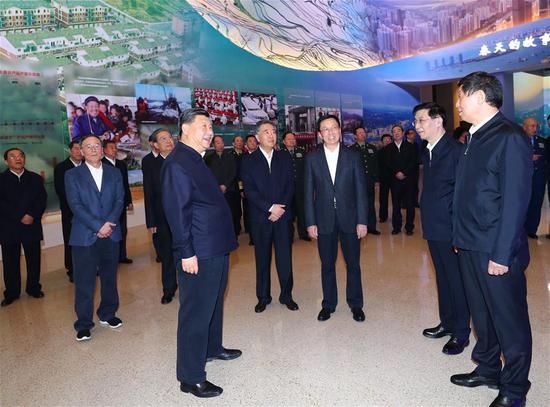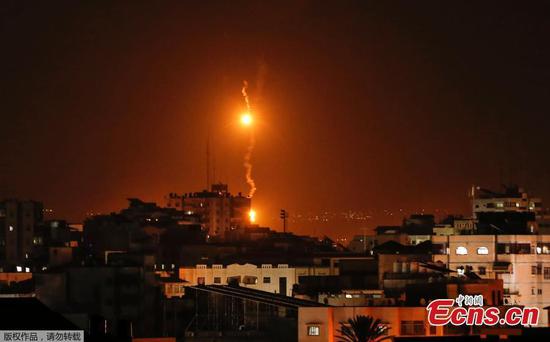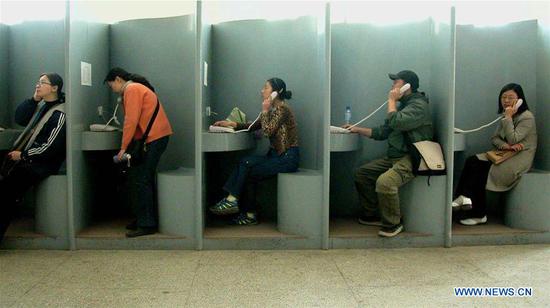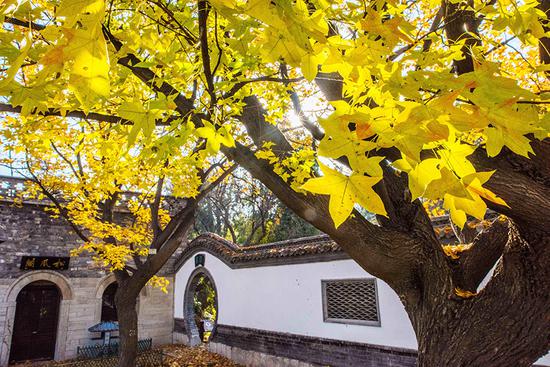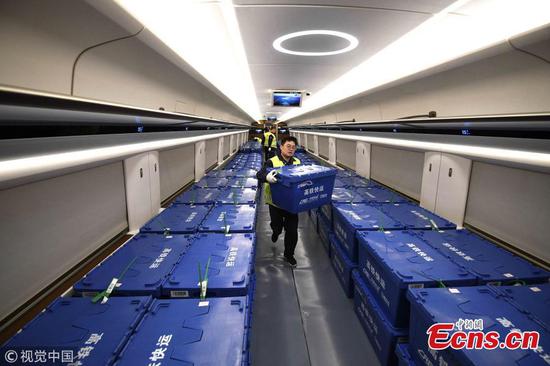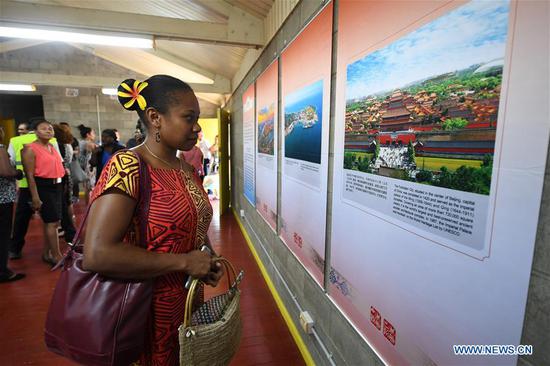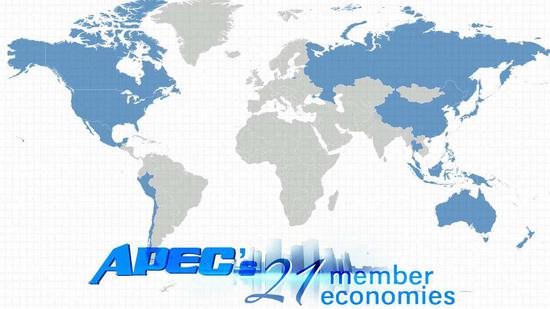
Under the theme of "Harnessing inclusive opportunities, embracing the digital future," this year's Asia-Pacific Economic Cooperation (APEC) Economic Leaders' Week in taking place from November 12 to 18 in Port Moresby, Papua New Guinea.
APEC, a regional economic forum established in 1989, has been a huge success in accelerating economic integration in the Asia-Pacific region. By promoting balanced, inclusive, sustainable, innovative and secure growth, its 21 member economies have been making joint efforts to create greater prosperity for their people.
The annual APEC leaders' meetings in the previous five years were particularly fruitful.
Bali 2013
The focus was on building a dynamic Asia-Pacific region. Measures to enhance regional connectivity were endorsed, including an APEC Multi-Year Plan on Infrastructure Development and Investment prioritizing public-private partnership projects.
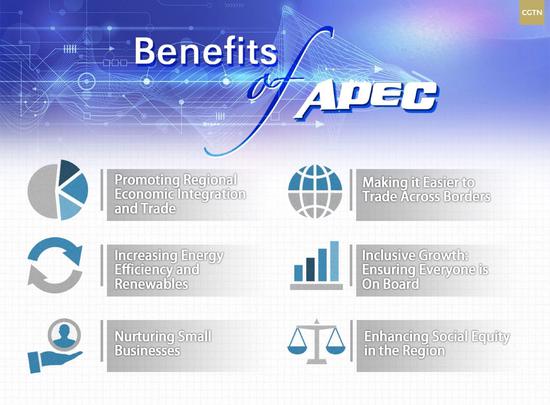
Beijing 2014
Two important documents were adopted, namely "The 22nd APEC Economic Leaders' Declaration: Beijing Agenda for an Integrated, Innovative and Interconnected Asia-Pacific" and the "Statement on the 25th Anniversary of APEC: Shaping the Future through Asia-Pacific Partnership."
APEC leaders also made a blueprint envisaging enhanced physical, institutional and people-to-people connections by 2025. The members also agreed to start a joint strategic study on the Free Trade Area of the Asia-Pacific (FTAAP), marking the official launch of the FTAAP process.
Manila 2015
Micro enterprises took center stage. APEC leaders united behind the opportunity to build an inclusive economy in a bid to make economic growth felt in more sectors of society. Acknowledging uneven global growth and the presence of risks and uncertainty in the global economy, leaders agreed to set forth policy enablers for the integration of micro-, small- and medium-sized enterprises in regional and global markets; to build sustainable and resilient communities, develop human capital, and enhance regional economic integration.
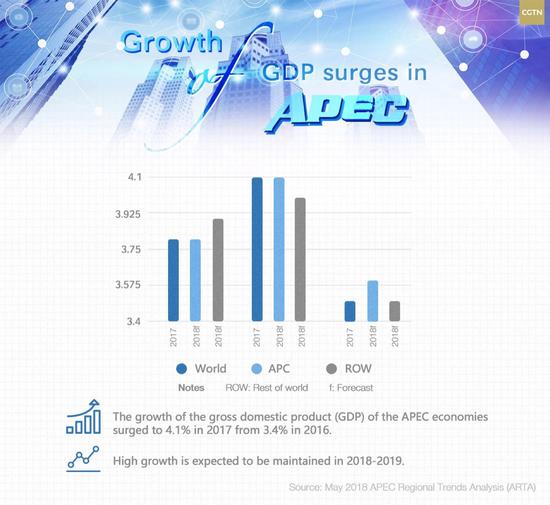
Lima 2016
The theme was "Growth and human development." APEC leaders reaffirmed member economies' confidence in international trade as a mechanism for achieving positive economic and social changes. Specifically, they expressed support for advancing regional economic integration and the growth agenda; developing human capital; modernizing micro-, small-, and medium-sized businesses; and enhancing the regional food system. In line with these priorities, APEC put forward policy commitments for members to move toward sustainable economic integration.
Da Nang 2017
With the theme of " Creating new dynamism, fostering a shared future,” issues surrounding regional economic integration, inclusive growth, micro-, small- and medium-sized enterprises (MSMEs) and food security are were key. The leaders also endorsed the APEC Action Agenda on Advancing Economic, Financial and Social Inclusion and APEC Framework on Human Resources Development in the Digital Age.










